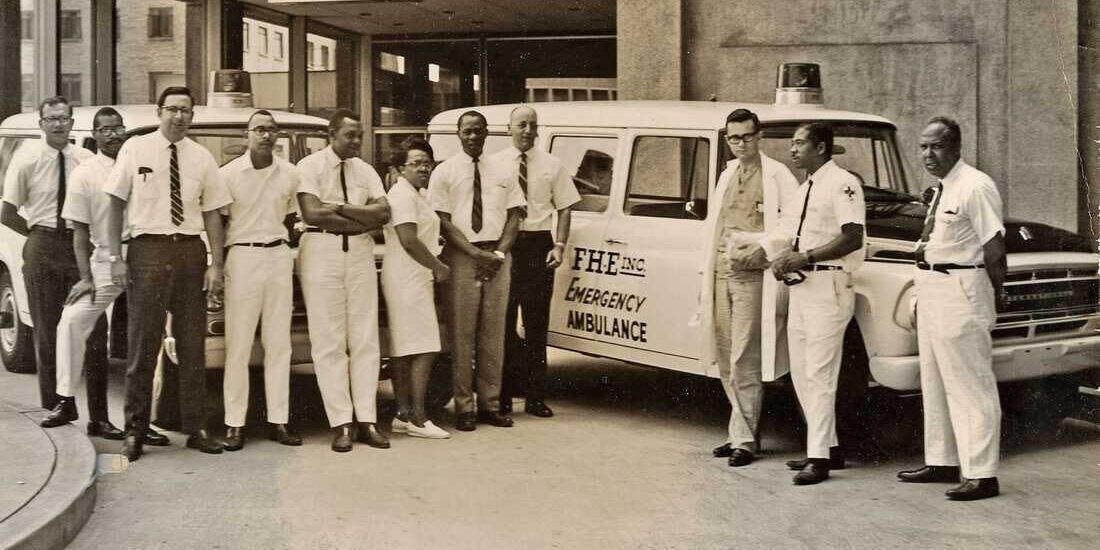Juneteenth and The Importance of Public Health
Without the Black community, where would public health be?
We wanted to take a moment away from our “Pissed Off by Pseudoscience” series to recognize how critical the Black community is in public health.
Onesi-who? The true genius behind inoculation.
The contributions the Black community has made to public health often go unnamed and unrecognized, and in typical American fashion, public health has usually been whitewashed. Let’s look at the history of smallpox, for example. Onesimus, an enslaved West African man in Boston, suggested that intentionally infecting a healthy person with a small amount of smallpox pus from an infected patient was a common practice that helped stave off a deadly infection as the body built a resistance to the disease. This knowledge led to one of the first inoculation campaigns in the United States. His name, however, was removed from public health history for quite some time, and credit was given to a White man named Cotton Mather. Go figure.
Wee-Ooo. The Origin of EMS.
We have the Freedom House Ambulance Service to thank for our modern emergency medical services (EMS). The service was founded in a predominantly Black neighborhood and staffed entirely by Black paramedics. After 300 hours of medical training, the Freedom House became the first ambulance service in the United States to be staffed by paramedics with medical training beyond first aid, paving the way for the future of EMS.
A picture of some of the first medically trained paramedics.
Girl, Let’s Talk About Reproductive Rights and Race-Based Medicine.
Dorothy Roberts, a scholar, activist, and social critic, is a crucial voice addressing issues of systemic racism. In her book “Killing the Black Body,” Dorothy examined reproductive rights, highlighting how these systems have consistently been utilized against Black women, from eugenics to forced sterilization to racist policy. She is an active voice in the quest for reproductive justice and does a great job of reminding us that even when we think we are progressing, systematic racism must be addressed in all policies. Dorothy is also adept at highlighting the flaws inherent in race-based medicine, of which there are many.
Dorothy Roberts talks about why race-based medicine is problematic. White Saviors - watch this now.
White People - Let’s Check Ourselves
We are very aware that we are two white people writing about the contributions Black people have made to public health. In writing this post, we understand that we need to always check our privilege.
We realize these examples have not even begun to touch the contributions the Black community has given to public health - there is so much more. And as we mentioned, Black scholars, activists, and innovators are often erased from history. For example, as we mentioned in our last post, Black, trans women are the reason queer people have the rights we do today.
One thing to remember is that systematic racism is still strong - even in the field of public health. It’s not about ignoring race, it’s about addressing it head on and listening to Black people. We as The Grumpy Epidemiologists strive to continuously check ourselves and ensure that we listen.
Interested in learning more about the importance of Juneteenth? Watch the video below by Vox.




Thank you for this. New subscriber here.